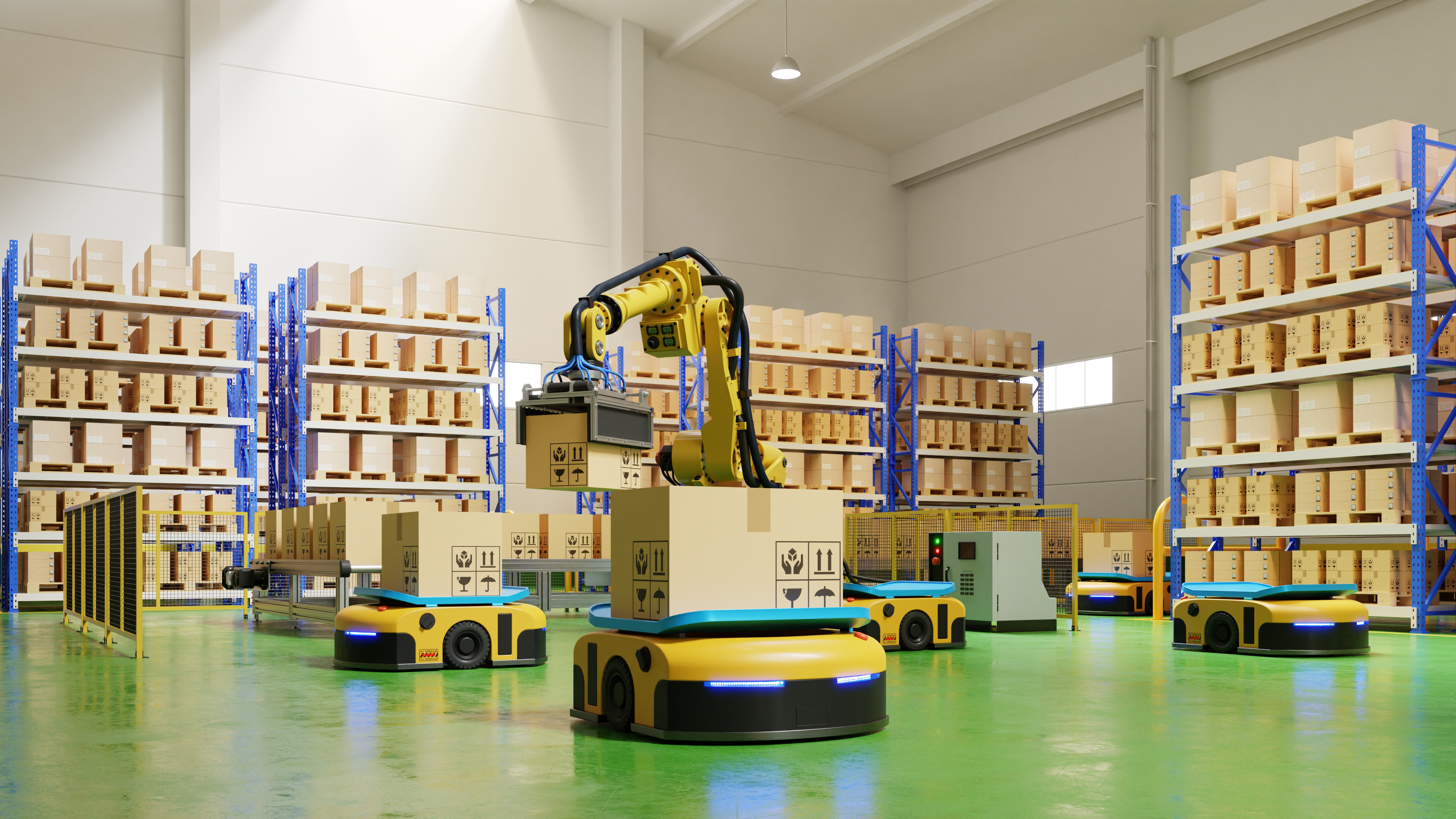Retail is undergoing a transformative evolution powered by artificial intelligence, automation, and robotics. As these technologies advance, they disrupt traditional retail models and enable a new phase of innovation and efficiency. One company leading this charge is Amazon, which is aggressively deploying cutting-edge robotics and AI across its operations.
According to a recent Wired article, Amazon utilizes over 200,000 robots in its fulfilment centres, with newer models like Pegasus having autonomous mobility to transport packages around warehouses. Amazon's acquisition of robotics company Kiva Systems in 2012 marked a significant turning point, providing the underlying warehouse automation that allows Amazon to fulfil orders and outpace competitors rapidly. The Kiva robots allowed Amazon to store 50% more inventory per square foot and shorten picking tasks that took hours to just minutes.
But Amazon is still pushing the boundaries of automation, as the Wired piece highlights. The new Pegasus drive unit featured can transport 700-pound pallets autonomously, freeing human workers from tedious forklift driving to focus on more complex tasks. Sophisticated computer vision powers Pegasus' ability to navigate warehouses safely and efficiently. Amazon Robotics VP Brad Porter told Wired, "We're continuing to expand the frontier of what robots can do and how humans and machines can work together."
This cutting-edge AI and robotics integration throughout its operations has helped Amazon build a dominant competitive advantage in retail through speed, efficiency, and ruthless optimization. The automation technologies allow Amazon to operate at a scale unmatched by traditional retailers. Robots enable overnight delivery capabilities and greater flexibility in expanding Amazon’s logistics network.
And Amazon is not alone in driving this robotics revolution across the broader retail landscape. Walmart, Target, and other big box players are rolling out AI-enabled robotics to modernize warehouses and streamline supply chains. Robots can work 24/7 at consistently high speeds, increasing throughput and productivity beyond human capabilities. Intelligent inventory management systems provide retailers with deep visibility into stock data. Autonomous delivery drones and robots promise to transform the last-mile transportation of retail orders.
Startups are also disrupting the space, from automated micro-warehouses optimized for same-day delivery to AI shopping assistants that simplify purchases. Retailers across categories are experimenting with robot waiters, baristas, and shelf scanners to enhance customer service. "Silicon Valley is coming to retail," said one industry expert, as these emerging technologies open new frontiers of innovation.
The robot-powered future of retail will enable greater personalization, speed, and efficiency for consumers. Automation will free human employees from dull, repetitive tasks to focus on higher-value work. As Amazon leads the charge, the wider retail sector follows suit in this AI-driven transformation, leveraging robotics to revolutionize shopping experiences and redefine traditional models. The automation genie is out of the bottle, and these technologies will ultimately power the next phase of evolution for the trillion-dollar retail industry.

